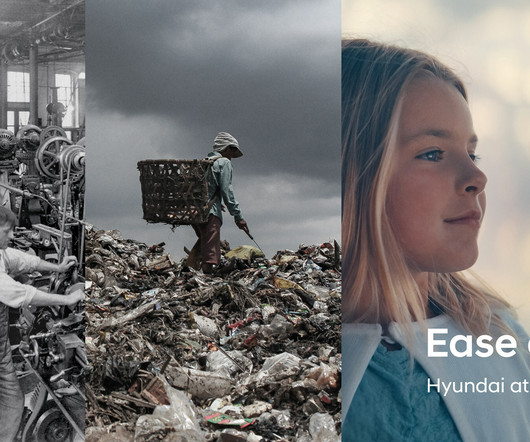Hyundai is going all in on hydrogen, and relying on food waste to make that happen
Baua Electric
JANUARY 9, 2024
But now it says it will rely heavily on hydrogen fuel cells generated from plastic, food, and organic waste to power a whole new generation of EVs, from passenger cars to heavy-duty trucks. Storing hydrogen is a challenge too in that it requires high pressures, low temperatures, or other chemical process to keep it compact.











Let's personalize your content